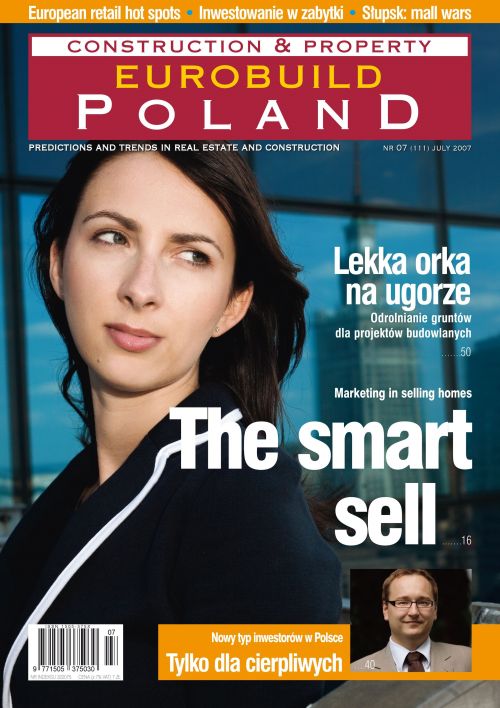The president of Sonae Sierra, Alvaro C. C. Portela talked to us during the Warsaw conference of the International Council of Shopping Centres about the hottest European retail centre locations, the latest trends in the market and lost opportunities for doing good business in PolandEwa Andrzejewska, “Eurobuild Poland”: – You visited some Polish shopping centres during this conference, so what was your first impression of them? Alvaro C. C. Portela, CEO, Sonae Sierra: – You have very nice shopping centres. Poland is on the cutting edge of the European shopping centre industry. But why aren’t you active in Poland?– We can’t be everywhere. We have shopping centres in Portugal… in Belgium… and in Italy, in Greece… and in Brazil. And in Germany, in Berlin, which is very close to the Polish border.– When it comes to business, it’s not the border proximity that counts, it’s the economy, it’s the language, the culture, the rules and regulations. That makes the di




























































